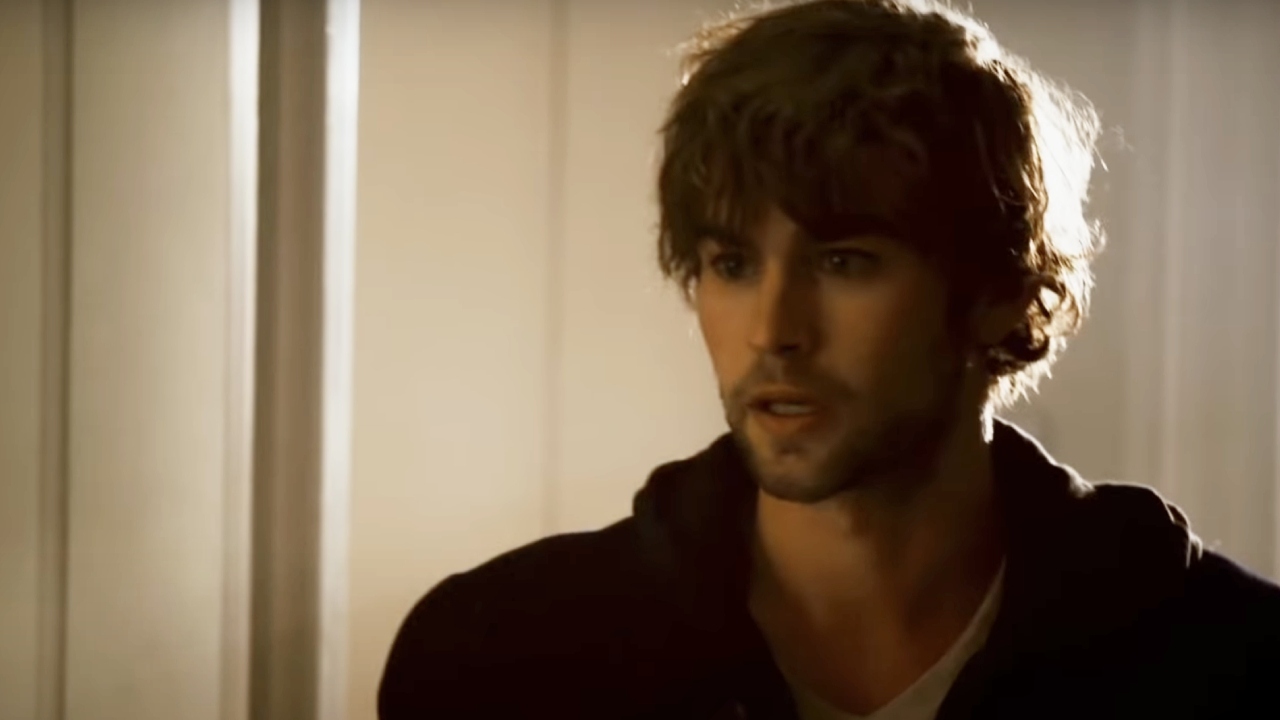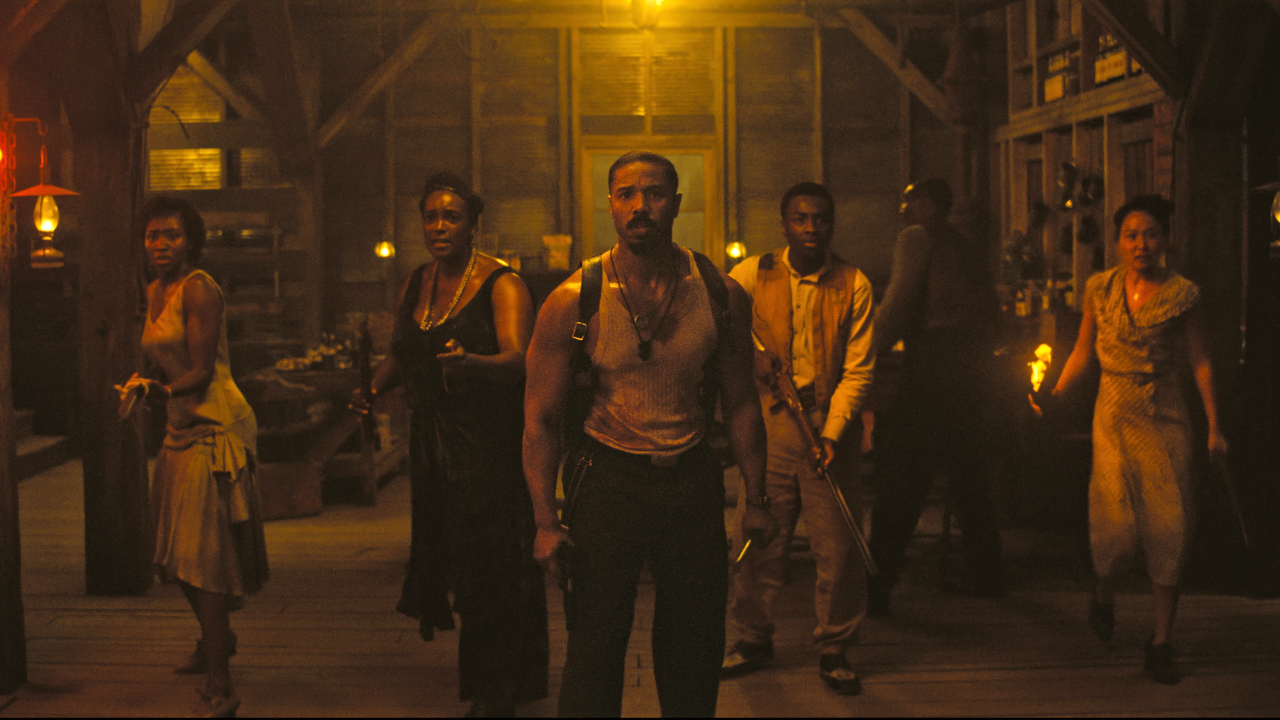Sundance Review: Twelve

Yesterday's press screening of Twelve was probably my favorite screening experience of Sundance so far-- and that's not just because Roger Ebert was sitting behind me and I got to shake his hand. A fairly large crowd of journalists had gathered at the Yarrow to catch Twelve, given that it was one of the few high-profile premieres remaining, and everyone entered without much clue what Joel Schumacher had planned for his adaptation of the seminal teen novel.
And then, when a character purchased a samurai sword, or maybe it was when another took refuge in a church by pulling a stool up to the altar, the assorted press decided together that it was OK to laugh out loud-- and Twelve became one of the best comedies I've seen at the festival. Stone-serious about the boilerplate rich-kid antics it depicts, and perhaps completely unaware that Gossip Girl is already mining this territory pretty well (even with the presence of Chace Crawford in the lead role), Twelve is a hilarious and melodramatic mess. If you are also seeing it with a crowd of slap-happy journalists, you may even find yourself loving it. Since you probably won't, I'd recommend staying away.
Centered around a drug dealer named White Mike (Crawford), Twelve is about a tangled web of rich Upper East Side New York kids, all with ambitions of moving on to Ivy League colleges but equally committed to fostering drug habits and having irresponsible sex. Sara Ludlow (Esti Ginzburg) is the pretty and manipulative girl, Jessica (Emily Meade) the good girl trying to go bad, Chris (Rory Culkin) the dweeb taken advantage of for his party-throwing skills, Claude (Billy Magnussen) the psycho, steroid-abusing older brother, etc. etc. White Mike has dropped out of school and spends his days wandering the streets and dealing to his former classmates, while starting a maybe-romance with childhood friend Molly (Emma Roberts), who represents everything pure with her blue-collar background and complete disinterest in drugs.
Things move along convincingly, if uninterestingly, for a while, as various kids hook up, do drugs, get into trouble and do everything you figure kids with unlimited money and privilege might do. But the movie slowly gets sillier-- the older brother buys a samurai swords, White Mike stares contemplatively off rooftops-- until culminating in a giant party that we know will inevitably end in tragedy. Caring about a single one of the characters might have made the scene more suspenseful ,but by then it's hard to think who you want to see killed off first.
Topping it all off is the narration from Kiefer Sutherland, which is lifted so directly from the book that he's constantly explaining what the characters think and describing to us precisely what we're seeing onscreen. Jordan Melamed, who wrote the screenplay, seems to have so little clue of how to adapt the novel, and such little knowledge of how film can work as a visual medium, that he just added in some scenery changes and called it a day. Schumacher at least tries to give the movie a visual style, but the saturated colors and quick cuts to approximate the feeling of a drug rush feel tired if not outright cliched. And that's even before the stuffed animals start talking.
The silly incompetence is really best represented by that samurai sword, which Claude purchases and wields constantly toward the other characters while pumping iron and doing situps. Just as you know that all these stories must end in tragedy, you know that Claude's samurai sword will play a role-- you can't show a metaphorical loaded gun and not let it go off. But when the movie ends without a single one of the annoying characters getting sliced in half with a blade, it's almost unbelievably disappointing. We've earned the right to see these characters dispatched with in the most violent way possible, and Schumacher denies us. It is a royal waste of time.
For more of our Sundance 2010 coverage, click here.
Your Daily Blend of Entertainment News
Staff Writer at CinemaBlend

